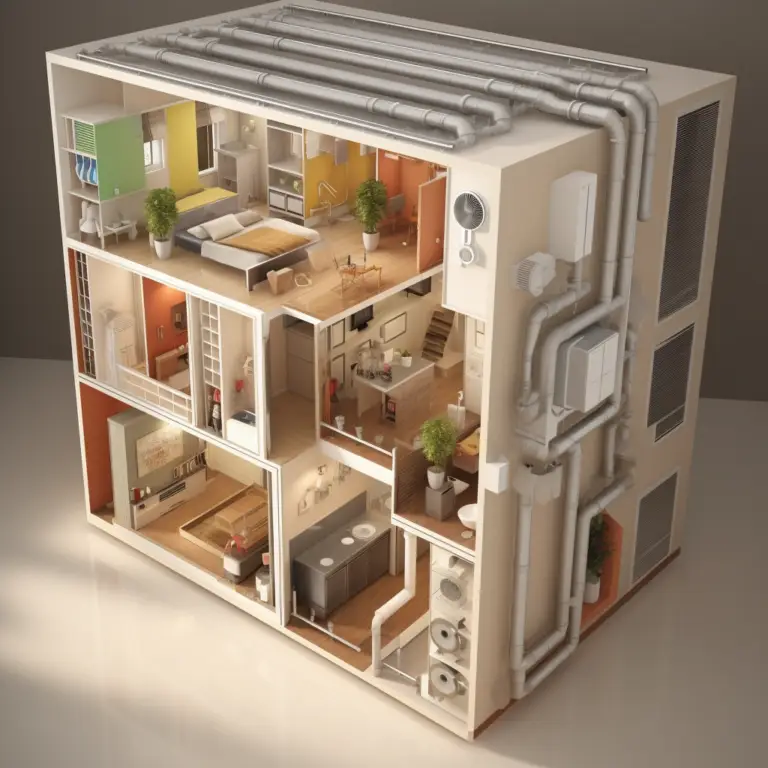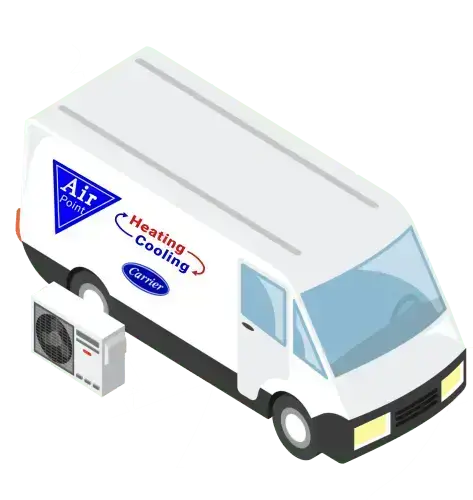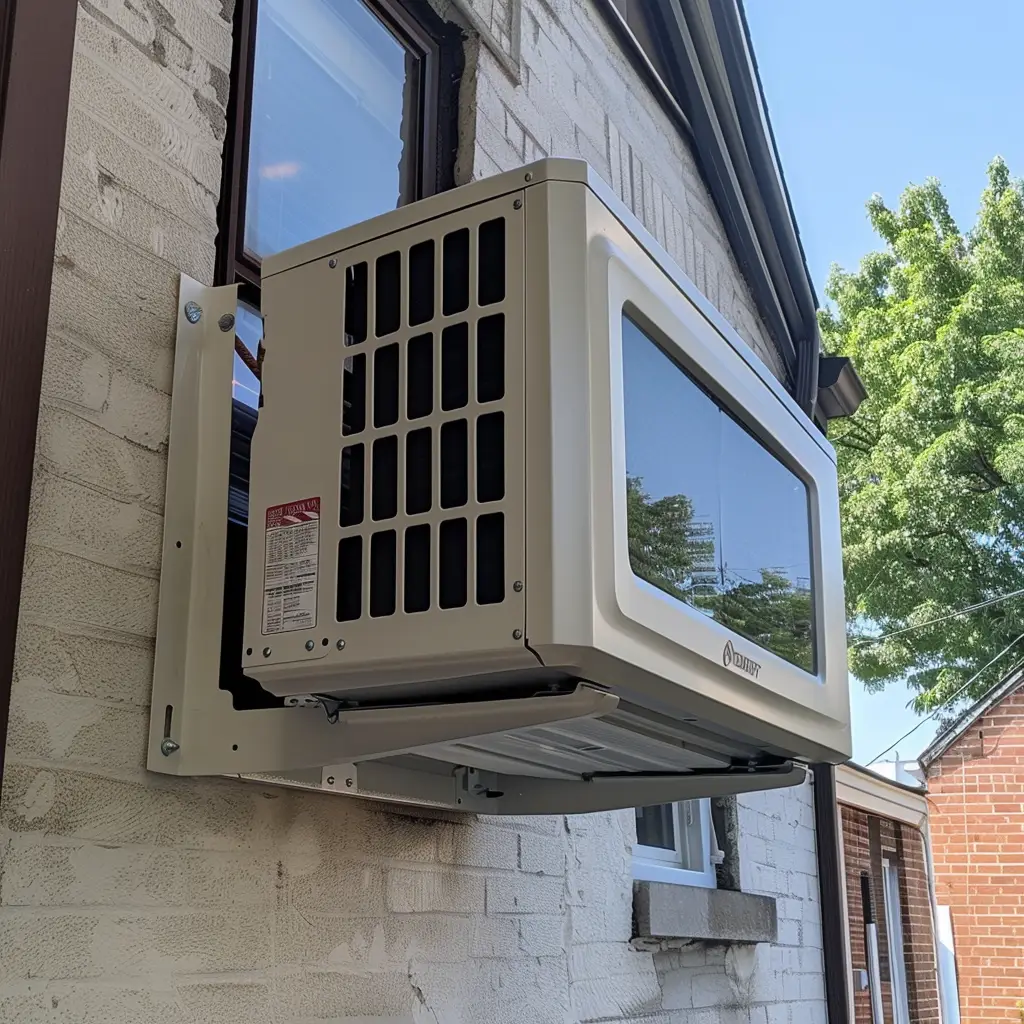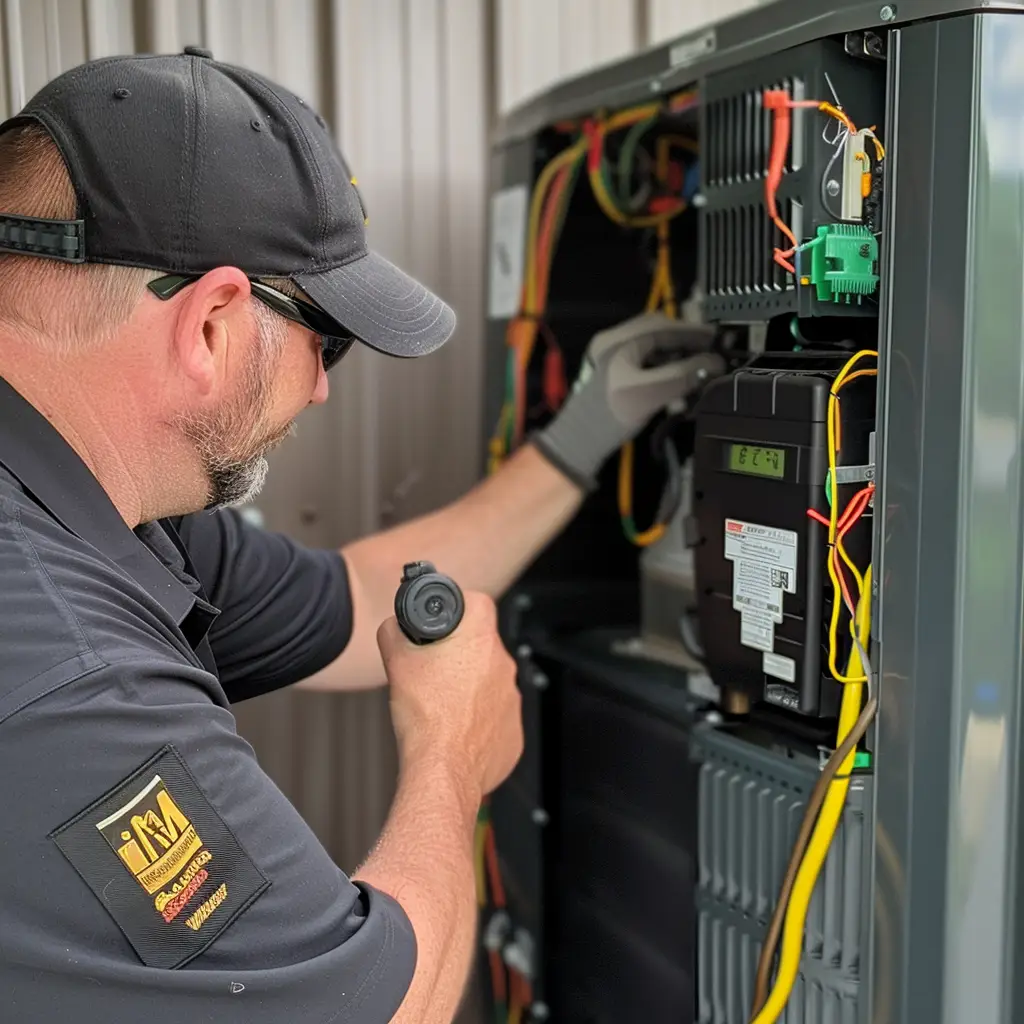Introduction to Variable Speed HVAC Systems
When it comes to heating, ventilation, and air conditioning (HVAC), technology has evolved at a remarkable pace, introducing us to some outstanding innovations. Have you ever heard of variable speed HVAC systems? If not, you’re in for a treat.
The Basics of Variable Speed HVAC Systems
What are Variable Speed HVAC Systems?
Simply put, variable speed refers to the HVAC system’s ability to adjust the speed of its fan motor to precisely control the amount of heated or cooled air it distributes throughout your home. It’s like having a car that can smoothly transition between speeds, providing you with the perfect ride.
Components of Variable Speed HVAC Systems
The heart of these systems is the variable speed motor, which controls the airflow rate. It’s intelligently designed to adjust its speed based on your home’s heating or cooling needs. Pretty clever, isn’t it?
Benefits of Variable Speed HVAC Systems
Variable speed HVAC systems offer numerous advantages over traditional single-speed systems. Here’s how they can make a world of difference in your home.
Enhanced Comfort Control
Who wouldn’t enjoy a home that remains at the perfect temperature throughout the day? Variable speed systems provide superior temperature regulation, eliminating those pesky hot and cold spots.
Energy Efficiency and Cost Savings
Variable speed systems run for longer periods at lower speeds, reducing energy consumption. And what does less energy usage mean? Yes, you’ve guessed it—lower utility bills.
Reduced Noise
Nobody wants to be interrupted by the grating sound of an HVAC system switching on. With a variable speed system, noise becomes a thing of the past, as it operates more quietly than traditional systems.
Improved Indoor Air Quality
These systems are designed to circulate air more consistently, helping to reduce dust, allergens, and other airborne pollutants. Better air quality equals healthier living, right?
Extended Equipment Lifespan
The more a system has to stop and start, the more wear and tear it undergoes. By running for longer periods at lower speeds, variable speed systems suffer less strain, potentially leading to a longer lifespan.
Comparing Variable Speed vs. Single Speed HVAC Systems
Performance Differences
While single-speed systems operate at full capacity whenever they’re on, variable speed systems adapt to your home’s needs, providing a more consistent and comfortable indoor environment.
Cost Implications
Variable speed HVAC systems may have a higher upfront cost compared to single-speed units. However, their energy-saving benefits can lead to lower utility bills over time, potentially offsetting the initial investment.
Maintenance Requirements
Maintenance needs are similar for both types of systems, although variable speed units might require professional service due to their complex nature.
How to Choose the Right HVAC System for Your Home
When selecting an HVAC system, consider factors like your budget, the size of your home, and your climate. If comfort, energy efficiency, and improved air quality are top priorities for you, a variable speed system may be worth considering.
Trust AirPoint with Your Variable Speed HVAC Systems
When it comes to providing top-notch HVAC services, you can trust AirPoint. We are a Carrier factory authorized dealer and NATE certified in Toronto. This means we uphold the highest standards of dealership with Carrier, a leading HVAC manufacturer. Our commitment to excellent service has earned us recognition as HomeStars Best of the Best 2023, with our customers rating us 5 stars on Google and HomeStars. All our technicians are fully certified by TSSA, HRAI, and CSA, so you can have peace of mind knowing your HVAC systems are in skilled hands.
To learn whether a variable speed air conditioner is right for your home, watch this video by Fox Family Heating and Air Conditioning
Essential FAQs on Variable Speed HVAC Systems
What is a variable speed HVAC system?
A variable speed HVAC system can adjust the speed of its fan motor, providing precise control over the amount of heated or cooled air distributed in your home.
How does a variable speed system save energy?
By operating at lower speeds for longer periods, variable speed systems use less energy than single-speed systems that run at full capacity whenever they're on.
What are the key benefits of variable speed HVAC systems?
Variable speed systems offer improved comfort control, energy efficiency, noise reduction, better indoor air quality, and potentially extended equipment lifespan.
Are variable speed HVAC systems more expensive than single-speed systems?
While the upfront cost of a variable speed system can be higher, the potential energy savings can offset this over time.
How can I choose the right HVAC system for my home?
Consider your budget, home size, and climate. If you prioritize comfort, energy efficiency, and improved air quality, a variable speed system could be a good fit.





